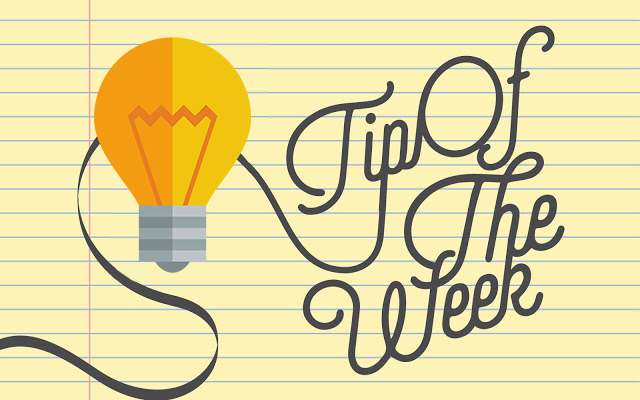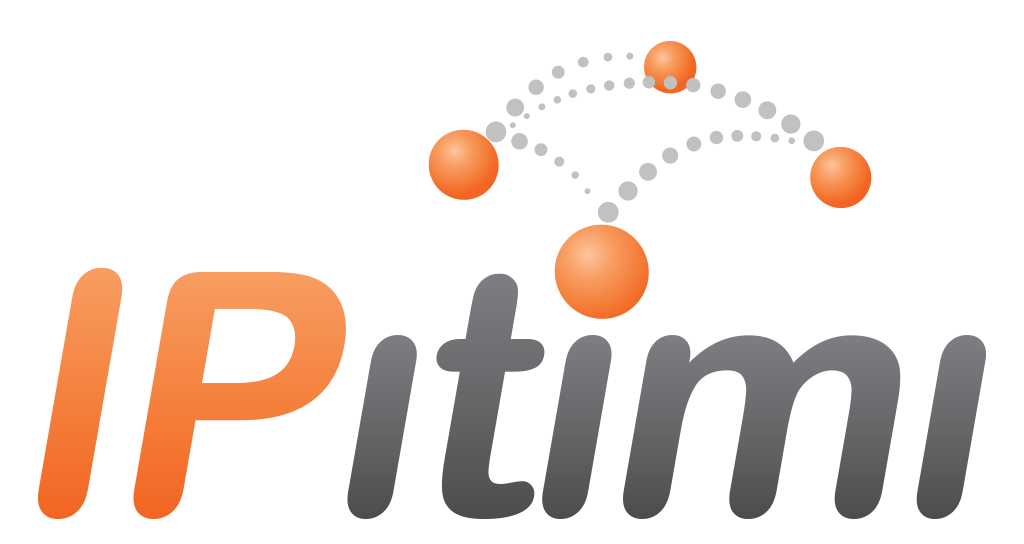
This article doesn’t really apply to those who have more than 24 hours in the day, but for most of us who only have 24 hours in a day, here are 7 practical time management and productivity tips to use in the workplace to make better use of each minute you have.
Sometimes it is all about starting in the right mindset and simplifying the way you work. Everyone works differently, so feel free to adapt them in the way best suitable for you.
1. Begin Positively
Routines can seem mundane, but starting your day off with a positive routine can actually help you shake off the sluggish feels and keep you on your schedule. In fact, you can start your routine the night before by planning an outfit or packing a lunch for the next day. Remember to always eat something before going to work – any food will give your body a push. The routine doesn’t just end when you step foot out of the house; prepare a “beginning the workday” routine by checking your calendar, managing emails, and completing leftover assignments.Watch Full Movie Online Streaming Online and Download
2. Remember your goals
Never ever, ever forget your goals and why you’re doing what you’re doing. Forgetting what’s at the end of the tunnel can make you feel like your actions are pointless and wasted. Keeping the main goal within your thoughts can help you work more efficiently and in turn help with time management. Setting aside some short term goals to accomplish by a certain time of the working day may help you get started without too much of an initial resistance.
3. Organization is key
The state of your physical space is an accurate projection of your state of mind. Clearing and organizing your desk space is very important to keeping a clear and sorted mind. As a plus, things are easier to find which is a huge time saver. Bonus tip, use your unified communication tools to get organized. Use features like web conferencing, desktop sharing and video calling for efficient collaboration tools. Taking advantage of these features can not only help yourself be more organized, but help your team members be more organized as well!
4. Prioritize
Covey’s quadrant will become your next best friend if prioritization is not your forte. Covey’s quadrant helps you order what is urgent/not urgent and what is important/not important and combinations of the two. Prioritizing will keep you motivated on a single task and enforce you to use each minute to its fullest. In addition to prioritizing important and urgent tasks, small tasks that can be completed within two minutes should be completed immediately, according to the “two-minute rule”.
5. Minimize interruption
Interruptions as small as stopping your work at hand to take a personal phone call or talk to a colleague that stepped in can actually take out more of your time than you think. It not only produces distraction, but a change in your routine as you re-organize thoughts and adjust back to your working mode. Some helpful ways to minimize interruptions include keeping doors shut, closing personal social media tabs and using features like selective call forwarding, so you only get the important calls while you’re trying to complete tasks. You are busy and stressed enough already, so let’s take a step back and work smarter, not longer.
6. Stop multitasking
Nobody wants to come to work and face a huge pile of work staring you down. A lot of us find our minds jumping from place to place when we are trying to stay on top of multiple duties. While we all tend to think of multitasking as an important skill for increasing efficiency, it actually could result in lost time and become counterproductive. Sort through and prioritizing your files to read, meetings to attend, phone calls to make, and emails to respond, try scheduling them on your calendar and take one step at a time. It’s a great way of creating momentum, and lets you stay on track and cross tasks off your list.
7. Leave work at work
One of the best ways to stay productive is to only work at work. We’ve all stayed overtime or taken “important business calls” back home before. The truth is, however, Parkinson’s law taught us that the more you intend to work at home, the longer you end up waiting to actually start the project. IPitimi Unified Communications tools allows your calls to be routed to you based on a predetermined schedule. You should schedule your calls to ring during office hours so you’re not tempted to take phone calls at the dinner table. Strategically reroute calls enabling urgent calls to be handled efficiently and non-urgent calls can be routed to voicemail to be checked in the morning. Make it a point to stay away from procrastination and add unfinished work to your agenda for the next day. These are all some personal tasks to help you relax at home and get your workday started again positively the next day!







